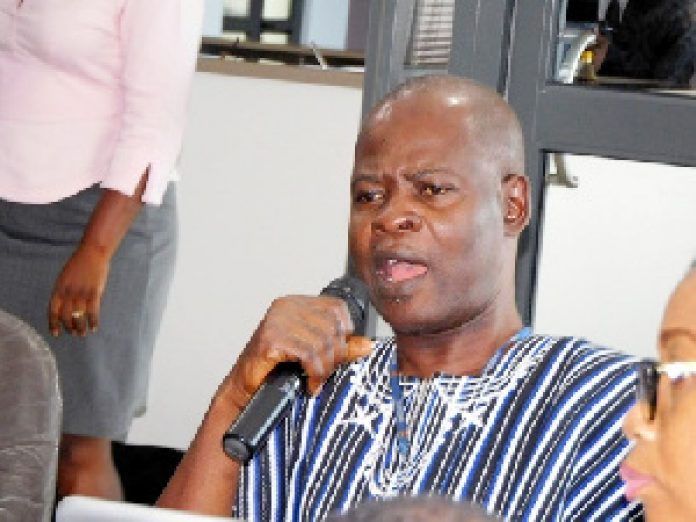The Public Interest and Accountability Committee (PIAC) is exploring a collaboration with the Office of Special Prosecutor and the Commission on Human Rights and Administrative Justice (CHRAJ) for the prosecution of officials who misuse petroleum revenues.
The committee will soon sign memorandum of understanding (MoU) with the two prosecutorial bodies as part of measures to prevent wanton embezzlement and criminal abuse.
Already, PIAC has a similar agreement with the Economic and Organized Crime Office (EOCO).
PIAC Chairman, Dr Steve Manteaw, said the move will ensure effective implementation of many the recommendations contained in the committee’s reports.
The MoU would also enable the partners to work towards safeguarding the country’s petroleum revenues from criminal abuse as well as combat economic and organised crimes relating to management and use of funds.
It will also ensure efficient, transparent and accountable management of the revenue to support national infrastructural development and welfare of the people.
Speaking at the launch of the 2018 PIAC annual report in Kumasi, Dr Steve Manteaw explained that they make recommendations that are not acted upon and that has become a source of major worry for PIAC.
“Over some period now, even though we have an abundance of transparency, this country has not been able to make the critical transition from transparency to accountability,” he said.
Going forward, PIAC has taken the decision to various institutions of state that are clothed with the power to actually act and to bring to bear accountability in terms of management of public resources.
“To this end, we have signed an MoU with EOCO, to the extent that we will be referring some of the CASES especially those that bother on economic crime for further investigation and prosecution
We are planning to enter into a similar agreement with the special prosecution office and also CHRAJ because some of the ISSUES bothers on administrative justice and so on those accounts, we shall refer those for further investigation and necessary action.”
Establishment of PIAC
According to Dr Manteaw, the establishment of PIAC was a compromise that is why it was created without powers.
“Parliament had resisted against its establishment on the grounds that the whole idea was a usurpation of the constitutional mandate of parliament. The Constitution grants power to Parliament to exercise oversight responsibility over the Executive.”
He continues that, it was until after intense debate and discussion around the issue, that a compromise was reached to establish PIAC without powers to implement its own recommendations or to become more like an advisory body to parliament and to the executive.
PIAC for the mining sector
Meanwhile, a former regional chairman of the National Peace Council for Ashanti is advocating a body like PIAC for the mining sector.
Professor Opuni Asiama believes it will bring sanity into the use of mining revenues.
“We have been mining gold in this country for so many years but we haven’t seen any impact so a PIAC in the mining sector will answer the questions of what the revenues are being used for and made those in charge to be accountable.”
The mining areas, Obuasi, Prestea, Konongo, all have major developmental challenges like bad roads in particular.
Professor Asiama is positive the government should be encouraged to set up a PIAC in the mining sector.











